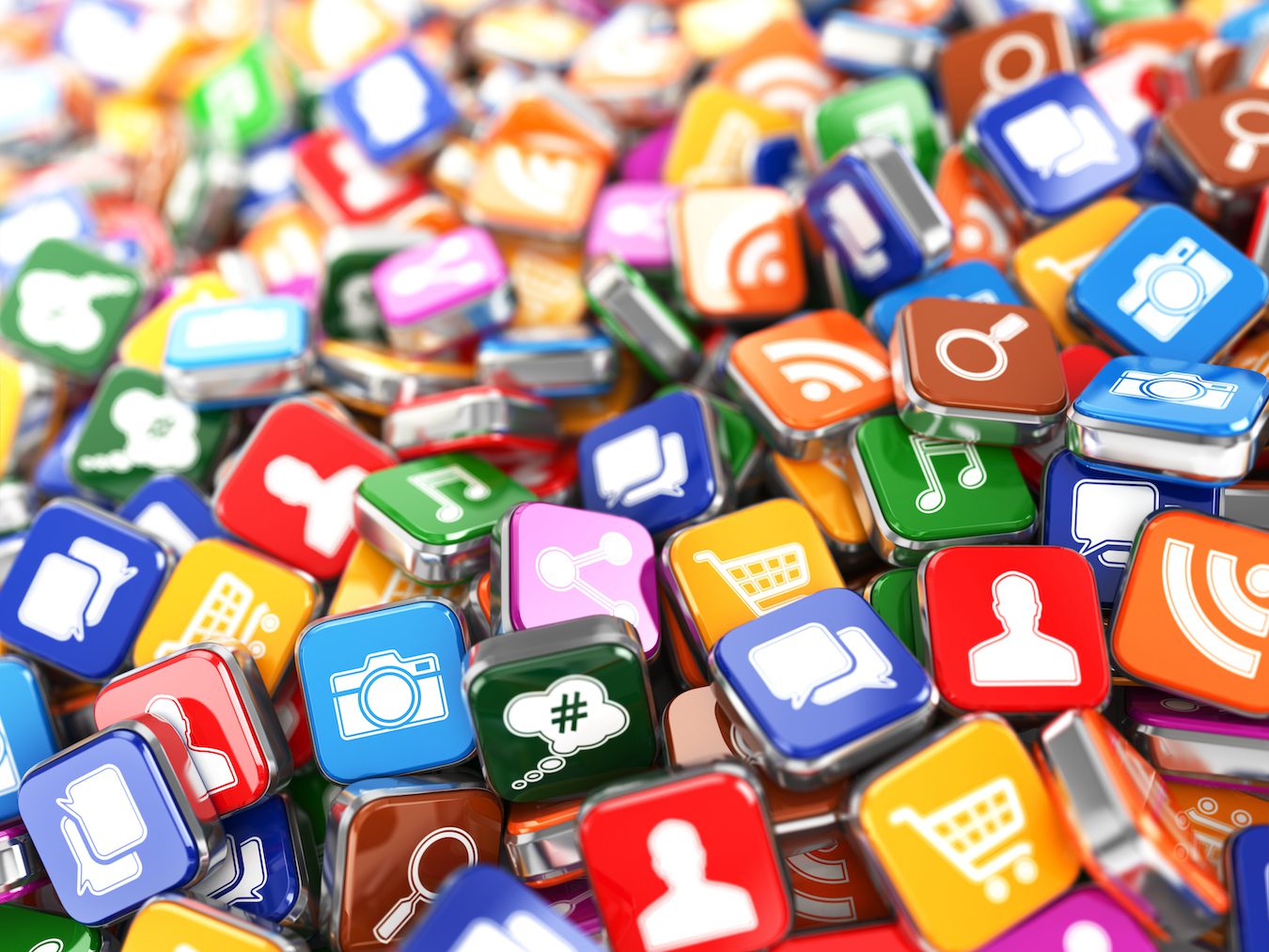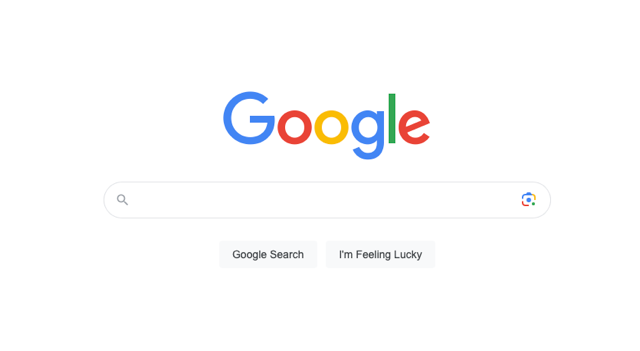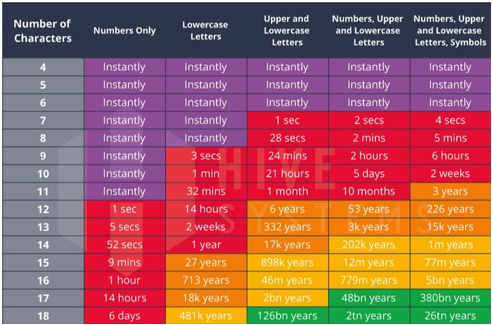 At Network 1, we are constantly looking out for the different ways that bad guys can gain access to your personal information. Are they trying to get into my computer? Yes. What about accessing my phone; can they do damage there as well? Yes again. Cybercriminals are constantly coming up with new ways to access your personal information. To close some of the access points, I recommend you remove the nine apps below from your phone if you have them installed. Some on this list might surprise you…
At Network 1, we are constantly looking out for the different ways that bad guys can gain access to your personal information. Are they trying to get into my computer? Yes. What about accessing my phone; can they do damage there as well? Yes again. Cybercriminals are constantly coming up with new ways to access your personal information. To close some of the access points, I recommend you remove the nine apps below from your phone if you have them installed. Some on this list might surprise you…
- Memory Boost Apps: Apps that claim to boost your phone’s memory and make it faster aren’t being completely truthful. You don’t need an app to clear your phone’s cookies, as you can do that yourself under your settings tab.
- Gas Buddy: Since this app tracks gas prices in real time, it is tracking your location. While it tracks your location, it is also learning your driving habits. If a breach occurs, the bad guys can easily figure out where you live and when you normally get home.
- Face Scanner Apps: It can be fun to transform your face into some funny, magical or scary character. However, if you decide to play around with one of these apps, delete it when you are done. If left on your phone, it can access to your phone and microphone whenever it wants.
- Screenshot or Screen Capture Apps: There is no need for a separate screen capture app since your photos can easily do this without one. Since screen capture apps have access to your camera roll and the ability to read and modify images, how sure can you be that your screenshots aren’t uploaded to an unknown server?
- Wallpaper Apps: One of the most common sources of phone malware is from wallpaper apps. If you must have that picture as your wallpaper, take a screenshot instead.
- Bible App on iOS: This particular app requires too much information and has too much access. It monitors your search history and requires access to your financial history too.
- Solitaire and Other Card Games: Some of these games use your data to track your location, contact info, purchases and personal identifiers.
- Free VPN Apps: VPNs are good, but not the free ones. If it is free, there is a good chance they are selling your information to a third-party advertiser.
- Groupon: Everyone loves a great deal. But with this app, you sacrifice a good deal of personal information, which the cyber criminals would love to get their hands on for nefarious purposes.
If you have questions or need help creating a more secure environment, don’t hesitate to reach out to us for assistance.






